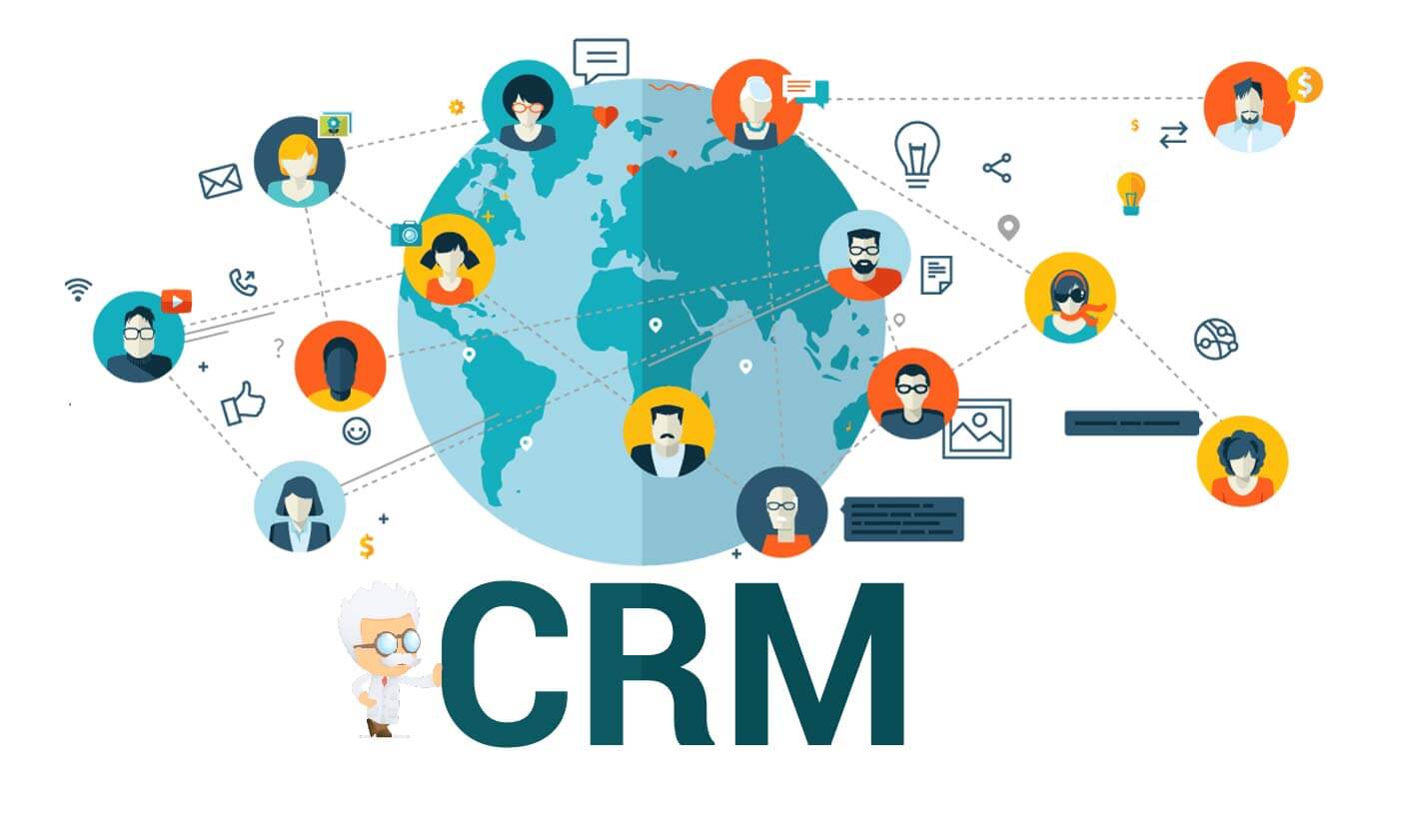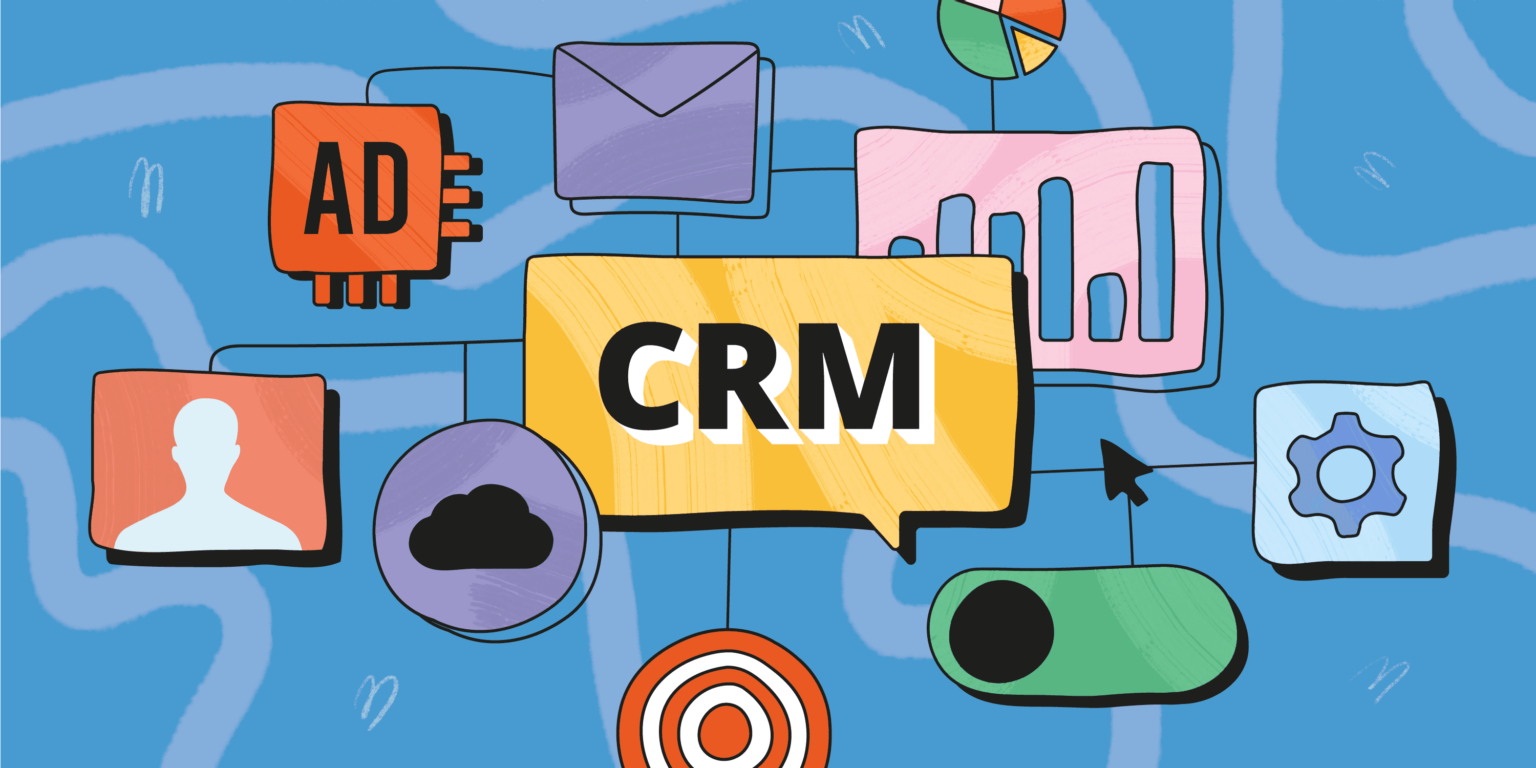What is Customer Relationship Management (CRM) and Promotion?
Customer Relationship Management (CRM) is a vital tool for companies seeking to enhance their customer interactions and maximize promotional opportunities. CRM allows businesses to organize and manage their interactions with current and potential customers, helping to improve customer satisfaction and increase operational efficiency. In this article, we will explore the concept of CRM and its importance in achieving marketing and promotional goals.

In today's business world, the ability to effectively manage customer relationships is one of the most critical factors determining a company's success. Customer Relationship Management (CRM) is not just a technological tool but a strategic approach that enables companies to build long-term relationships with their customers and continuously enhance the customer experience. By using CRM, companies can track and analyze customer data, understand their needs and preferences, and offer personalized deals that foster loyalty and attract more new customers.
Promotion, as an integral part of marketing strategy, significantly benefits from the application of CRM. CRM allows companies to target customers more accurately through data-driven marketing campaigns, leading to increased promotional effectiveness and higher returns on investment. In this article, we will delve into the concept of Customer Relationship Management (CRM) and explore how to integrate promotion within this system to achieve outstanding results in the digital marketing realm.
What is Customer Relationship Management (CRM) and Promotion?
Customer Relationship Management (CRM) is a technological tool used to manage a company's interactions with its current and potential customers. CRM aims to improve customer relationships, enhance customer retention, and increase sales by organizing and analyzing customer data. CRM includes a set of tools and functions that help companies track customer interactions, manage customer information, and identify sales opportunities.
Promotion within CRM:
Promotion is a crucial component of CRM, as it helps improve the effectiveness of marketing campaigns. By collecting and analyzing detailed customer data, companies can design targeted promotional campaigns that accurately meet the needs and preferences of individual customers. CRM enables companies to send personalized messages and offer special deals to customers based on their purchase history and behavior, increasing the chances of success in promotional campaigns.
Using CRM, companies can also effectively measure the performance of promotional campaigns and adjust strategies based on the results. For example, they can identify the most effective channels for reaching customers and allocate resources in a way that maximizes return on investment. With the integration of customer relationship management and promotion, companies can enhance the overall customer experience and increase loyalty and revenue.
Elements of Customer Relationship Management (CRM) and Promotion
Customer Relationship Management (CRM) consists of a set of elements that work together to enhance the customer experience and improve company performance. Here are some key elements of a CRM system:
- Customer Data Management:
This includes collecting, organizing, and storing customer information, such as contact details, purchase history, and past interactions. This helps in forming a comprehensive view of customers and understanding their needs and preferences.
- Interaction Management:
Tracking all interactions between the company and customers, whether via phone, email, or social media. This ensures a quick and effective response to customer needs.
- Process Automation:
CRM enables the automation of many business processes, such as sending promotional emails, following up with potential customers, and assigning tasks to the sales team. This saves time and improves efficiency.
- Data Analysis:
CRM provides tools for analyzing customer data and generating detailed reports. These reports can be used to understand customer behavior, identify trends, and make informed decisions about marketing and sales strategies.
- Marketing Campaign Management:
CRM helps in planning and executing targeted marketing campaigns. Customized campaigns can be designed based on customer data and sent at the appropriate times to achieve the highest impact.
- Customer Service and Support:
CRM includes tools for customer support, such as ticket management and live chat. This ensures that customers receive the necessary assistance quickly and efficiently.
- Integration with Other Systems:
CRM can be integrated with other systems such as ERP, accounting systems, and email marketing tools. This provides a comprehensive view of the business and helps improve collaboration between different teams.
CRM helps in tracking sales opportunities from the initial interaction with a potential customer to closing the deal. These tools can be used to analyze the performance of sales teams and improve sales strategies.
By combining these elements, a Customer Relationship Management (CRM) and Promotion system can enhance the customer experience, increase operational efficiency, and boost return on investment.
Benefits of Customer Relationship Management (CRM) and Promotion
Customer Relationship Management (CRM) offers a wide range of benefits to companies of all sizes and industries. Here are some key benefits of a CRM system:
- Improving Customer Satisfaction:
CRM helps provide a personalized experience for customers by tracking their preferences and interaction history with the company. This leads to increased customer satisfaction and enhanced loyalty.
- Increasing Sales and Revenue:
A CRM system can improve the effectiveness of sales teams by providing accurate and timely information about potential customers and sales opportunities. This helps accelerate sales cycles and increase deal closure rates.
- Enhancing Operational Efficiency:
CRM allows for the automation of many business processes such as managing interactions, following up with customers, and handling marketing campaigns. This reduces manual tasks and saves time, allowing teams to focus on more strategic activities.
- Data Analysis and Informed Decision-Making:
CRM provides powerful analytical tools that help companies understand customer behavior, identify trends, and evaluate the performance of marketing campaigns and sales teams. This data can be used to make improved strategic decisions.
- Personalizing Marketing Campaigns:
CRM can collect and analyze customer data to design targeted and personalized marketing campaigns. This increases the effectiveness of marketing efforts and achieves a higher return on investment.
- Improving Internal Collaboration:
CRM facilitates information sharing between different teams within the company, enhancing collaboration and communication. Sales, marketing, and support teams can work together more cohesively and effectively.
- Better Customer Relationship Management:
CRM helps track all interactions with customers, enabling the company to build long-term and sustainable relationships with them. This strengthens loyalty and aids in retaining customers.
- Providing Better Customer Support:
CRM includes tools for managing support tickets and live chat, ensuring that customers receive the necessary assistance quickly and efficiently. This boosts customer satisfaction and resolves issues faster.
- Identifying New Opportunities:
By analyzing customer data and behavior, CRM can identify new sales opportunities and target potential customers more effectively.
- Improving Time Management:
CRM allows sales and marketing teams to organize their priorities and manage their time more effectively, leading to improved productivity and better results.
In summary, Customer Relationship Management (CRM) helps companies improve their customer interactions, increase sales, enhance operational efficiency, and achieve better marketing results.
Conclusion
In conclusion, Customer Relationship Management (CRM) is an essential tool for companies looking to enhance their relationships with customers and increase operational efficiency. By improving data management, automating processes, and providing accurate analytical insights, CRM can help companies achieve sustainable growth and enhance customer satisfaction. The strength of CRM lies in its ability to integrate promotion within its strategies, enabling companies to design targeted and effective marketing campaigns.
If you aim to improve your company's performance and strengthen your relationships with customers, investing in a CRM system might be the optimal step to achieve these goals. Adopting this system can make a significant difference in how your company interacts with customers and engages with the market, ultimately leading to greater success and higher returns.

